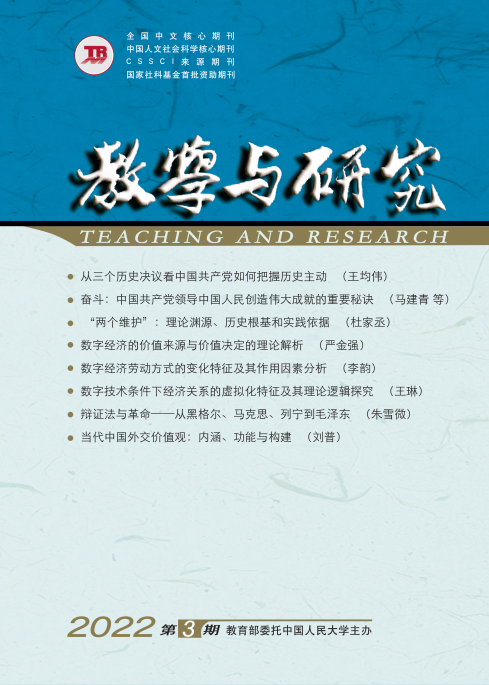An important reason for the great diplomatic achievements since the founding of the People's Republic of China in the past 70 years lies in the guidance of scientific, advanced and correct diplomatic values. Peace, independence, justice, responsibility, and peopleorientedness are connotations of contemporary Chinese diplomatic values. Setting up a reasonable diplomatic vision while ensuring correct diplomatic decisionmaking, scientific diplomatic strategy, strong diplomatic implementation power, and extensive diplomatic support are the main functions of China's diplomatic values. In the process of building Chinas diplomatic values, the Communist Party of China has played a decisive role, which is mainly reflected in the provision of the guiding ideology, social system, cultural advancement and leadership.



